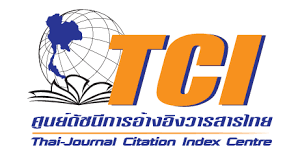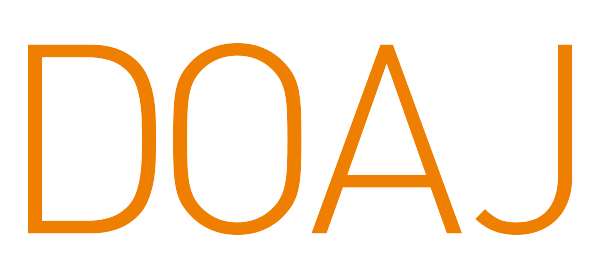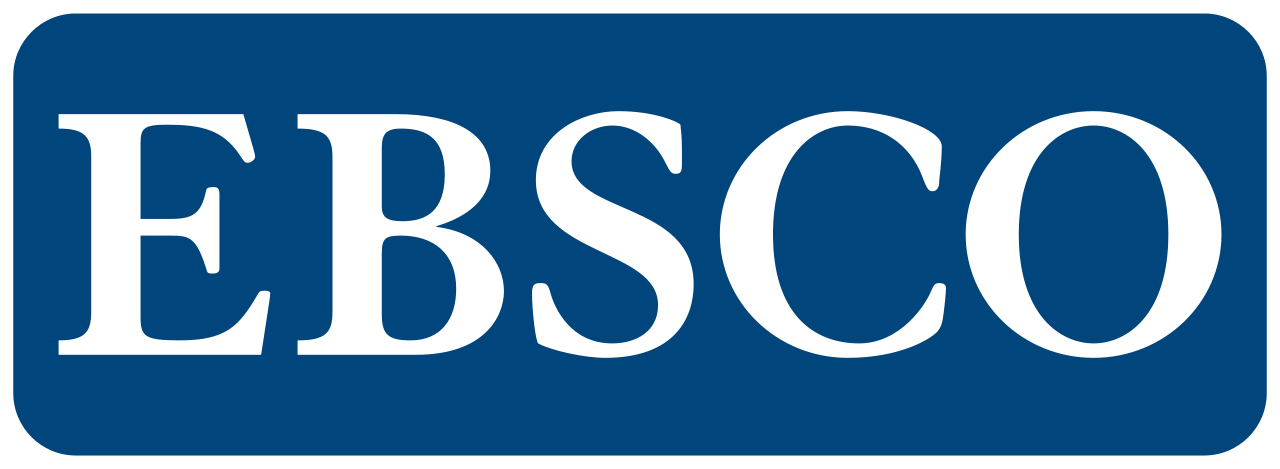About the Journal
Aims and Scope
Engineering Access is a peer-review journal that publishes empirical and theoretical research articles, and review articles in the fields of engineering, technology and innovation. Engineering Access aims to provide a platform for all researchers, academics, professionals, practitioners and students to publish and share knowledge, experiences, achievements and findings regarding topics involved engineering, technology and innovation. Topics of interest to Engineering Access include, but are not limited to the following:
- Electrical, electronic, telecommunication and energy engineering
- Civil and water resource engineering
- Mechanical engineering and mechatronic engineering
- Agricultural, biological and food engineering
- Chemical and petroleum engineering
- Material engineering
- Industrial and manufacturing engineering
- Automotive engineering
- Computer and software engineering
- Transport and logistics engineering
- Environmental engineering
- Renewable science technology engineering
Types of Published Articles
Engineering Access publishes research articles or review articles.
- Research articles present novel research discoveries in engineering, technology, innovation, and related engineering fields. Research articles are expected to feature a well-defined research question, a detailed methodology, the presentation of results, and a conclusion. The articles should also provide a succinct and coherent exploration of the research findings, highlighting their significance and their contributions to the pertinent field of study.
- Review articles thoroughly examine the existing literature concerning a specific topic within the realms of engineering, technology, innovation, and related fields of engineering. Review articles should provide a critical analysis and synthesis of the existing literature, pinpointing areas of knowledge deficiency, and proposing potential avenues for future research.
Publication Frequency
Engineering Access releases two issues annually, spanning from January to June and from July to December. The journal aims to provide timely and regular publication of high-quality research within the realms of engineering, technology, and innovation.
Language
All articles published in Engineering Access are required to adhere to English language standards, including proper grammar and accurate spelling. Authors are encouraged to have their manuscripts reviewed by a native English speaker prior to submission.
Article Processing Charges (APC)
Authors are notified of the publication fee of either 3,500 THB or 110 USD upon acceptance of their manuscript for publication in Engineering Access. The fee is charged at the time of acceptance.
Open Access Policy
Engineering Access commenced its online publication through the Thai Journal Online (ThaiJO) database since 2018. The journal is committed to advancing open access principles in scientific research, ensuring that research is accessible to a global audience.
Plagiarism Policy
Engineering Access acknowledges that both plagiarism and self-plagiarism are unacceptable in scholarly publications. While direct quoting verbatim or incorporating materials from the original source can be a valid writing technique, it is crucial to distinguish these direct quotations clearly from the original texts. This can be achieved by (1) using indentation, (2) employing quotation marks, and (3) providing proper source identification.
According to the publisher’s editorial plagiarism policy, the overall similarity rate of an article must not exceed 30%, and the similarity rate to a single source must not exceed 10% (as IEEE guideline). If plagiarism is identified in the early stages of submission, the editors will directly communicate with the corresponding author to address the issue. In case that the percentage of similarity rate is higher than the journal specified, a submitted article will be returned to the corresponding author without further review process. If issues are detected, the corresponding author will be notified.
Articles that have been published and are discovered to contain plagiarized content undergo careful investigation and, upon approval by the Editor-in-Chief, are retracted from the journal website. A 'Retraction Note,' along with a link to the original article, is then published in the electronic version of the affected article. Additionally, an addendum containing the retraction notification is included in the relevant journal.
Ownership and Management
Engineering Access is a publication affiliated with Mahasarakham University, receiving dedicated support from the Faculty of Engineering, Mahasarakham University. The journal's operations and management are made feasible through diverse funding sources, including publication fees. This financial backing enables Engineering Access to uphold its stringent publication standards, rigorous peer-review procedures, and commitment to open access, thus facilitating global access to valuable research. Mahasarakham University's ownership and support of Engineering Access exemplify its dedication to advancing engineering research and technological innovation, serving as a platform for the dissemination of valuable knowledge to researchers, scientists, and scholars worldwide.
Publisher
Engineering Access is the official peer-reviewed journal of the Faculty of Engineering, Mahasarakham University, Kham Riang Subdistrict, Kantharawichai District, Maha Sarakham Province, Postal Code 44150, Thailand.
Copyright and License
Engineering Access places great importance on safeguarding author rights and promoting the responsible dissemination of research through copyright protection and licensing. Our policies prioritize transparency, accessibility, and proper attribution. Authors retain full copyright ownership, and we publish articles under a Creative Commons Attribution License (CC BY NC ND), which permits sharing, adaptation, and appropriate attribution. This grants authors the flexibility to publish under the CC BY NC ND license, allowing for extensive reuse and distribution. Engineering Access fully supports the posting of articles on third-party repositories, in compliance with institutional and funding requirements. Our author guidelines provide comprehensive information on copyright and licensing, empowering authors with knowledge about their rights and obligations. These policies foster a collaborative, open, and responsible environment, benefiting both authors and the wider research community, while also respecting intellectual property rights.
Revenue Source
To ensure sustainability and transparency in its operations, Engineering Access utilizes diverse revenue streams. We make our revenue model readily available on our website, offering transparency in this regard. Our revenue sources encompass Article Processing Charges (APCs), which authors contribute upon manuscript acceptance to cover publication expenses. We receive invaluable institutional support from Mahasarakham University, assisting with administrative and technological requirements. It's crucial to note that our revenue sources have no bearing on editorial decisions; the assessment of manuscripts is based solely on their scientific merit. Our unwavering commitment to affordability, accessibility, and publishing standards underscores our dedication to maintaining transparency in our operations.
Advertising
Engineering Access does not accept advertising revenue or exhibit paid advertisements. Our Announcement section is dedicated solely to highlighting pertinent academic events. This exclusive feature is designed to support scholars and researchers in the field of engineering by offering valuable resources and information about forthcoming academic events of relevance and interest.
Direct Marketing
Direct marketing activities, such as engaging with researchers in relevant fields and fostering strong communication with our authors, are employed to promote journal research articles, reviews, and scholarly papers. We maintain a commitment to ethical practices, ensuring that the information shared is accurate and presented in a manner that is not overwhelming for our recipients.
Journal History
Engineering Access was inaugurated in 2015 under the name 'Mahasarakham International Journal of Engineering Technology' or MIJET (ISSN 2408-1957) and later underwent a name change on February 17, 2021. It is proudly initiated by the Faculty of Engineering, Mahasarakham University, Thailand.
In 2018, Engineering Access commenced its online publication through the Thai Journal Online (ThaiJO) database. The journal has collaborated closely with the Thai-Journal Citation Index Center to consistently enhance its quality.








